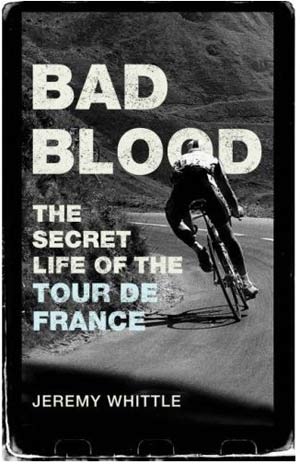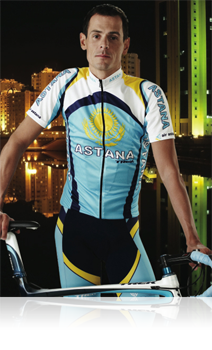
Don’t you love books that make you analyse the subject, whilst stirring emtions and evoking various conflicting thoughts within you? Well, that’s exactly what I got when I read this book.
What the book did do was allow me to recall my achievements, and disappointments, as a young competitive cyclist back in 1990-1996. All the trophies, the medals, the winner jerseys and provincial colours for excelling in a sport I love. This is something that would make any child, or person for that matter, want more. Who wouldn’t? And you would do what it took to make sure you kept getting it all, if not more than before. Now i’m not saying it meant we would take drugs, but what I do mean is that it would make you train harder and longer than your nearest competitor.
I have to say I am lucky in that I was never involved in or took any drugs to help me progress further in the sport I love. But my racing years were, as indicated in the book, at the time when drug use in the professional ranks of the sport was starting to increase dramatically. I remember back then reading US cycling magazine, Winning, in which there was an article on this newly developed form of EPO that was completely undetectable. Unfortunately (or fortunately, depending on how you look at it), this drug could only be afforded by those professional teams that had the cash to splash as the costs to administer it were so extremely high.
However, I did have a friend who raced in two age groups above mine. He was a track racer and was undoubtedly the best sprinter we had in South Africa. Built like a brick shithouse, he could snap a steel frame in two (no jokes!). But he was also one of the nicest guys you could ever meet. Now, he always openly admitted using testosterone in the off-season. I never saw him use the stuff and always wondered if it was just mucho speak at the track to try and instill fear into his rivals. I suppose I will never know.
Anyway, back to the book. It’s a very interesting book. Well, I say that because as a person who has never had access to the professional world of cycling (but did come into contact with it), this book scratches below the surface of it all and brings further insight into it. Now I’m not talking about the nitty gritty of what training they do, who talks to who, but more along the lines of what happens behind closed doors, and how small and close the community of professional cycling really is.
The blurb on the back of the book says:
We all want to believe in our heroes. That’s why Jeremy got into cycling. But what happens when you can’t? When you’ve seen too many positive dope tests, when you’ve been lied to too many times, when your sport is destroying itself from within?
Bad Blood is the story of Jeremy Whittle’s journey from unquestioning fan to Tour De France insider and confirmed sceptic. It’s about broken friendships and a sport divided; about having to choose sides in a war against doping; about how galloping greed and corporate opportunism have led the Tour De France to the brink of destruction. Part memoir, part devastating espose of a sport torn apart by drugs and scandal, Bad Blood is a cautionary tale, a love letter to one man’s past, and a warning to professional sport’s future.
This blurb gives a very good summary of this extremely well writen 234-page book, which includes references about Philippe Gaumont, David Millar, Lance Armstronga and Operation Puerto, to name but a few. More importantly, the book draws attention to the Omerta that has reigned within this sport and shows the downfalls of those who challenged it. After reading this book you can truly understand why Jeremy feels the way he does and why he has lost his faith in this spectacular sport with men that have superhuman capabilities.
This book is very much needed, if anything, to help us understand what people will do to try and achieve at the highest levels in the most demanding sport in the world. More importantly, it will also help the sport on its way to cleaning up its image and ridding itself of all the drugs and scandals. In order to fight it, we need to understand it.
In writing this book Jeremy is challenging the Omerta. I think it’s time we all do!
On a side note, as much as Jeremy’s vision of heroes has been tarnished by the cheats and scandals that have rocked this sport, I can’t help but feel sorry for the guy. I’m holding on tight to my dream of heroes, legends and untold glory. I know this book carries some truth to it, if not all of it. However, I lost my way with cycling back in ’96. Eight years ago, I discovered the love for it again and I’m not about to give up on it now.





